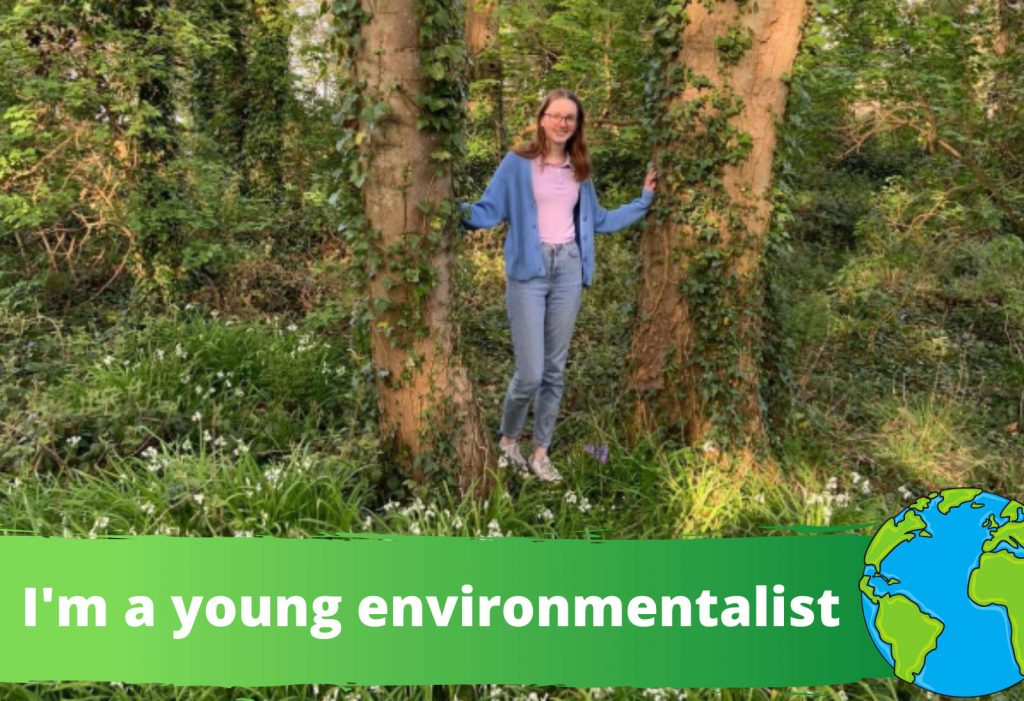Nature during Covid-19


by Lauren Abraham, ECO-UNESCO Youth for Sustainable Development participant – Dublin.
Nature has improved my mental and physical health for many years, but I have felt the benefits of nature a lot more since the closure of schools and the beginning of self-isolation. We have all had struggles since the beginning of this pandemic: remaining focused while working from home, worrying about loved ones or our financial situation, and hearing concerning news of national and global deaths daily. Of course, these things have taken a toll on people’s well-being.
While abiding by government regulations, nature is a wonderful way to get a break from the distressing reality of Covid-19. Even in an urban setting, fresh air can really help your well-being. I have spent a lot of my time in isolation out in nature, and am very lucky to live beside the sea.
Having time off school has been a great opportunity to spend more time in nature. It is very unfortunate that schools and businesses had to close, but trying to find silver linings can help us to feel more positive emotions. And the benefits of spending time in nature were amplified by the restrictions put in place. Indeed, Covid-19 has made many people re-evaluate their relationship with the natural world, especially in their local area.
The thing that I love most about nature is that
it appeals to all of our senses. The sound of waves crashing, birds singing or
just complete silence. Taking in details of your surroundings as you walk — the
shape of the leaves, the flowers and the colour of the sky. Breathing in fresh
air or noticing the scent of the trees. Holding sand in your hands, touching
the bark of a tree or leaves. As you stop and notice, this calms your thoughts
and gives you a sense of reassurance. Sensory experiences can really deepen our
connection with the natural world.
A lovely activity involving nature is sea swimming. It is so invigorating, and the cold water is very refreshing. The water temperature is perfect at this time of year, not too cold. Going for walks is also great. Whether it’s in a park, on the beach or just around your local area, taking in your surroundings and breathing the fresh air.
Spending time in forests has helped my mental health. Some days I bring a picnic and spend a few hours in my favourite forest, I always feel better afterwards. There is something so peaceful and unique about a forest. Walking among trees can reduce levels of cortisol, the stress hormone. It also boosts our immune systems by breathing in phytoncides, which trees emit to protect themselves from germs and insects.

I also really enjoy watching the sun rise. I walk to the beach at about 5am and watch the sun come up. You can see the sun moving, it is truly magnificent! The colours are so beautiful. The world is so calm early in the morning. It also brings a sense of gratitude; you have lived another day to see the sun come up again.
Gardening is also a great activity. Having the task of watering plants daily and keeping them healthy is a lovely way to connect with nature. Observing the progress of the plants is so rewarding and it also benefits the environment. If the plants are in a garden, bees and butterflies will be appreciative. If the plants are indoors, they can cleanse the air and create a feeling of well-being.
As a young person living in an urban setting, I understand it can be challenging to connect with nature. Taking the first steps can help you to begin re-connecting with nature. You can watch the sky, notice the weather and the clouds, appreciate the trees around you and, in the evenings, observe the stars and moon. Keeping house plants is also a nice way to connect with nature wherever you are, urban or rural. I love that nature is consistently there for us. It is comforting to know that the trees and the sea are always there. The beauty of living on this planet is our access to nature, and to co-exist with it is one of the greatest privileges of life.







